Bolivian workers prepare for coming elections
During the tumultuous weeks that followed the general elections of 20 October in Bolivia, many things have been happening, starting with civil strikes, blockages of transport routes and street clashes, and ending in a precipitous change of government.
The transitional government of President Jeanine Añez has pledged to call new elections as soon as possible. Añez rapidly formed a cabinet of ministers, and the Minister of the Economy started off by indicating that the payment of workers’ wages, as well as bonuses, will continue to be met. He also mentioned that there will be no immediate modification of the exchange rate of the local currency against the dollar.
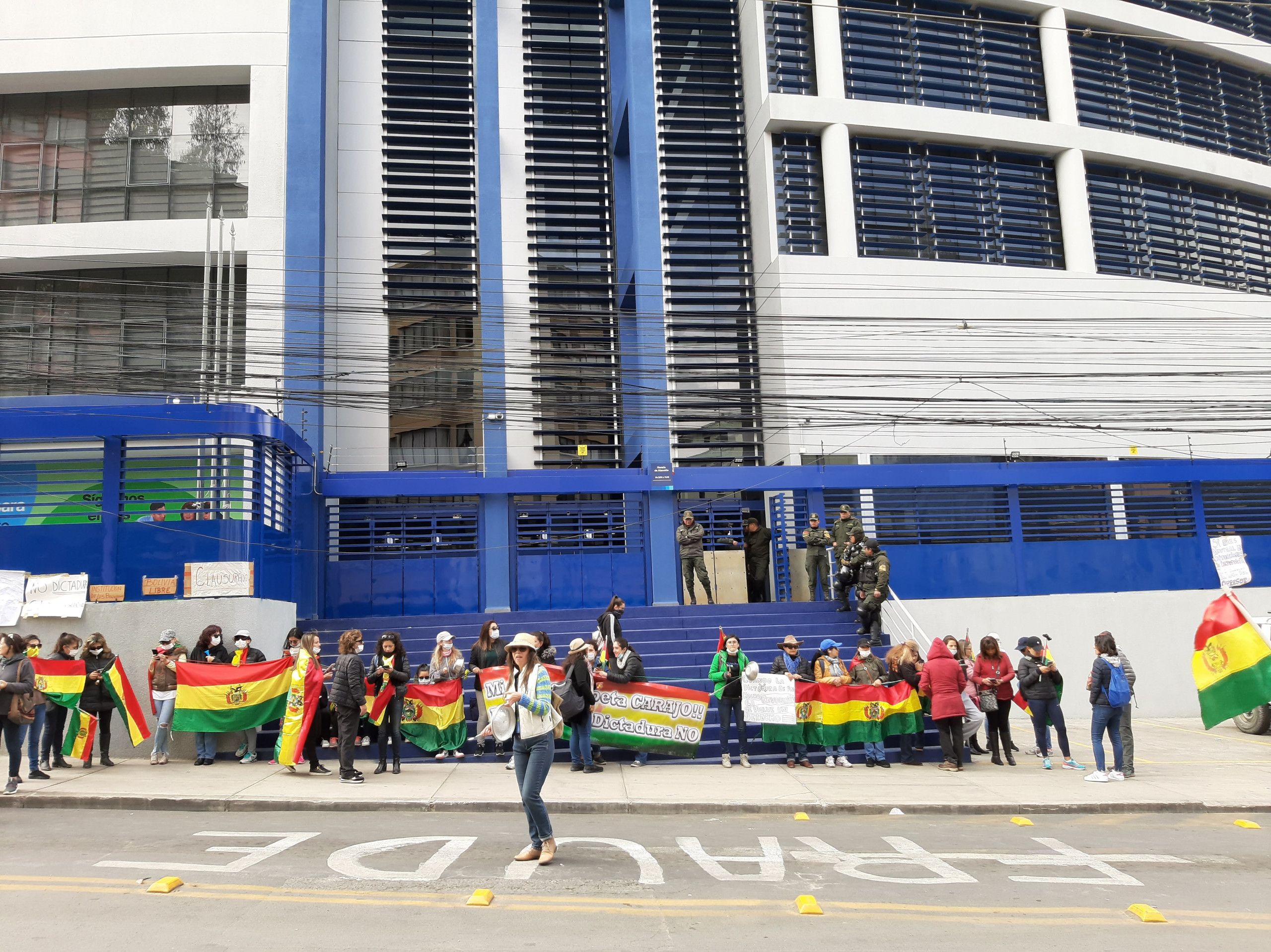
While tensions in the streets have been abating day by day, the government and the parliament, where the former governing party Movimiento al Socialismo (‘Movement towards Socialism‘) still holds a two thirds majority, have managed to reach consensus on the Law on an Exceptional and Transitory Regime for the holding of General Elections.
This law provides for the annulment of the elections of 20 October and the appointment of new election officials, and allows for new elections to be convened (which will be next 3 May). Once the new Supreme Electoral Tribunal takes office, it will have a period of 120 days to carry out the new elections.
Weakened position of many workers
Arnaldo Montero, executive for CENAC (Centro de Acción al Cambio, ‘Action Centre for Change‘), a liaison entity for CNV Internationaal and grassroots organisations, considers that the situation of workers, at the level of their departmental and national union structures (COD and COB) has been weakened, given that the political alliance with the previous government party has left many leaders - candidates who were elected to parliament or even to the senate in the last election on 20 October - in a difficult situation.
'The COB will have to see whether its candidates are maintained in the new elections to be called by the current Transitional Government for next 3 May. It will have to analyse much more carefully whether for these elections the political alliance can be continued.’'
‘Wait and see’ inevitable
The Central Obrera Boliviana (COB) national trade union indicates, by the voice of Vitaliano Mamani, Organisations Secretary and freshly appointed as Deputy Minister of Labour, that it will be necessary to wait and see how political parties will realign. ‘The COB is a pluralist trade union movement, as a matter of principle. New electoral judges are appointed, elections will be next 3 May. I hope that we as workers, will succeed in getting organised,’ Mamani says.
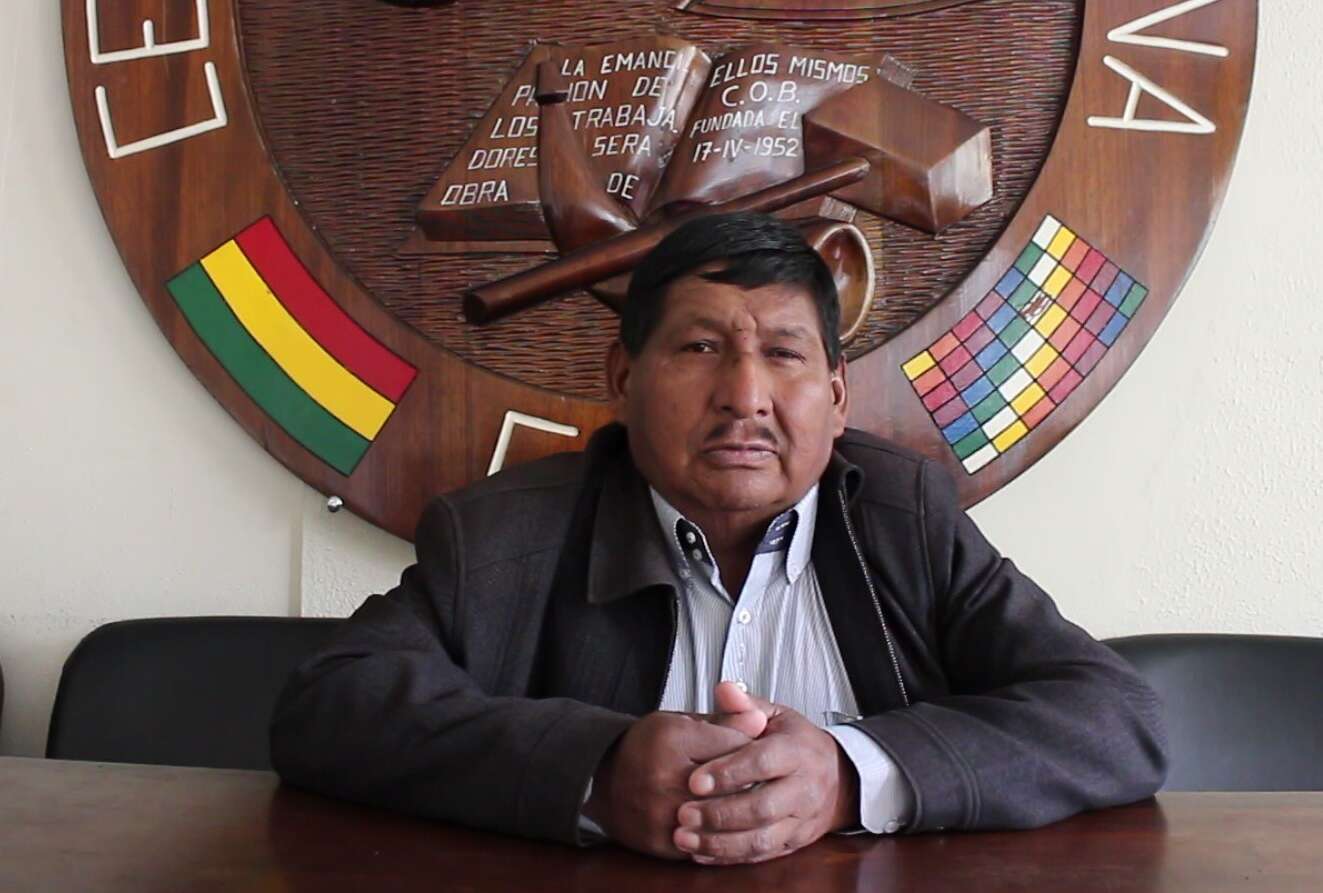
It should be remembered that during the previous administration, this trade union confederation struck an agreement with the political party Movement towards Socialism to bring forward candidates to the lower house and the senate for the elections of 20 October. The COB’s National Executive Committee presented a list of candidates, with the idea of securing a parliamentary representation for workers. ‘
‘Given the events and the cancellation of the elections, that opportunity has been lost,’ according to Mamani.
This situation is related to the resolutions adopted in two of the trade union’s national congresses, in 2016 and 2018, when COB decided to honour its members’ mandate to support what was called ‘the process of change’, promoted by Evo Morales’ governments since he first came to power in 2006. ‘As a result, some sectors have accused us of lining up with the government and supporting the then ruling party, Movement towards Socialism. But we were just fulfilling a mandate,’ says Vitaliano Mamani.
For the immediate future, Mamani indicates that as soon as the political lines are drawn, COB will make its position known. ‘As workers, we always want to see a strengthening of productive industries. Our county continues to export raw materials; why not stimulate transforming industries, so that we can export with added value?
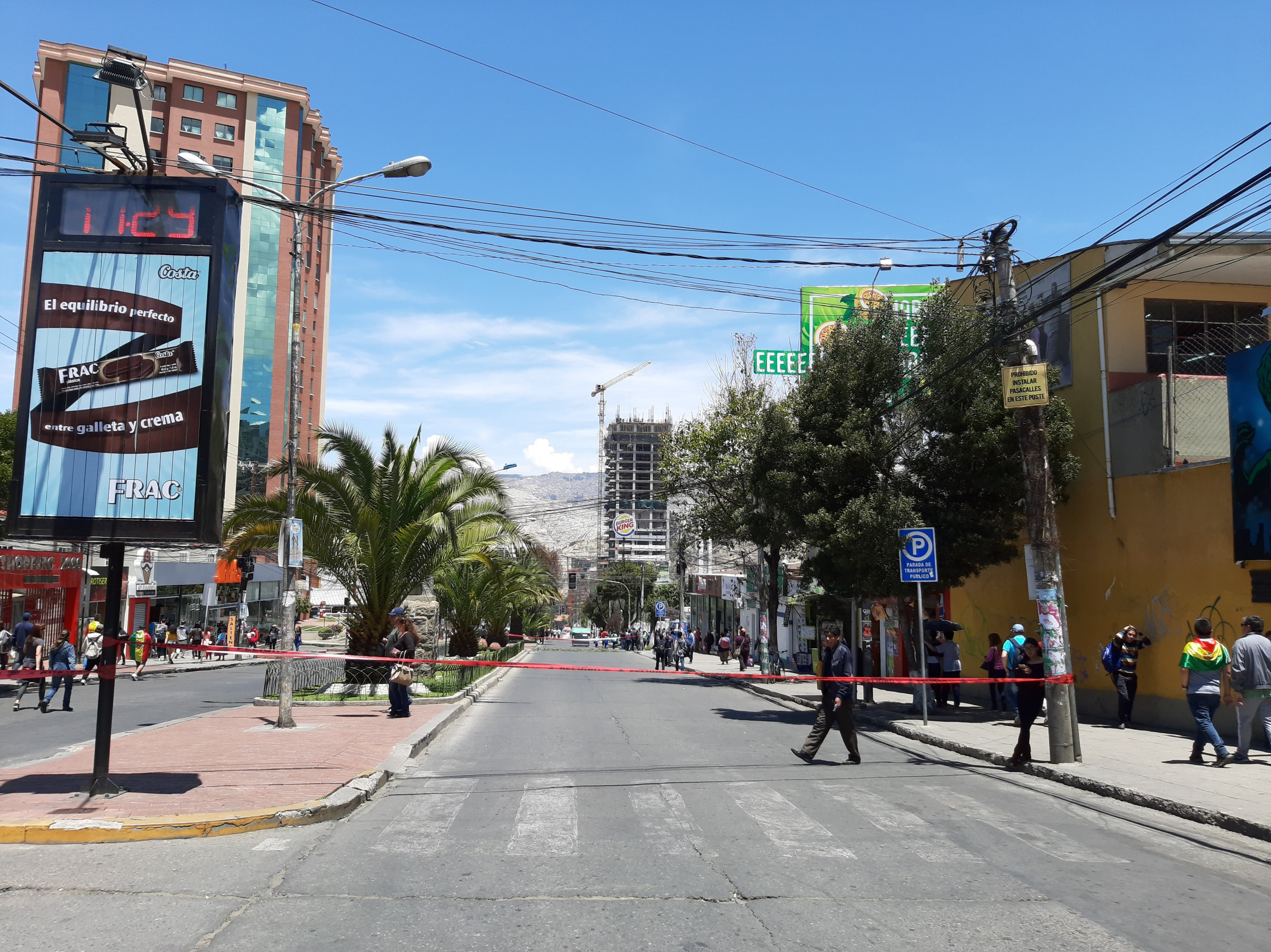
Workers from all sectors want more sources of work to be created. At present we are exporting slaves, Bolivians become illegal immigrants, they cannot get decent jobs. And this is without mentioning the issue of living wages, which is as urgent as ever.’ And with conviction, he adds: ‘Union is strength. We have disagreements, but as workers we must be united on the basis of our principles and statutes.’
‘As workers, we always want to see a strengthening of productive industries. We continue to export raw materials; why not stimulate transforming industries, so that we can export with added value?'
In the private sector, it is said there is confidence in the present political transition. Jaime Ascarrunz, chair of the Federation of Private Entrepreneurs of La Paz (FEPLP), believes that there are many problems and concerns, but his organisation sees that people are in a position to overcome this hurdle and move forward as a country.
‘The FEPLP is working on a development strategy for the department of La Paz, a strategy which now has to be adjusted because recent events have been discouraging, especially because of what has happened in El Alto. But there is now a proposal.’
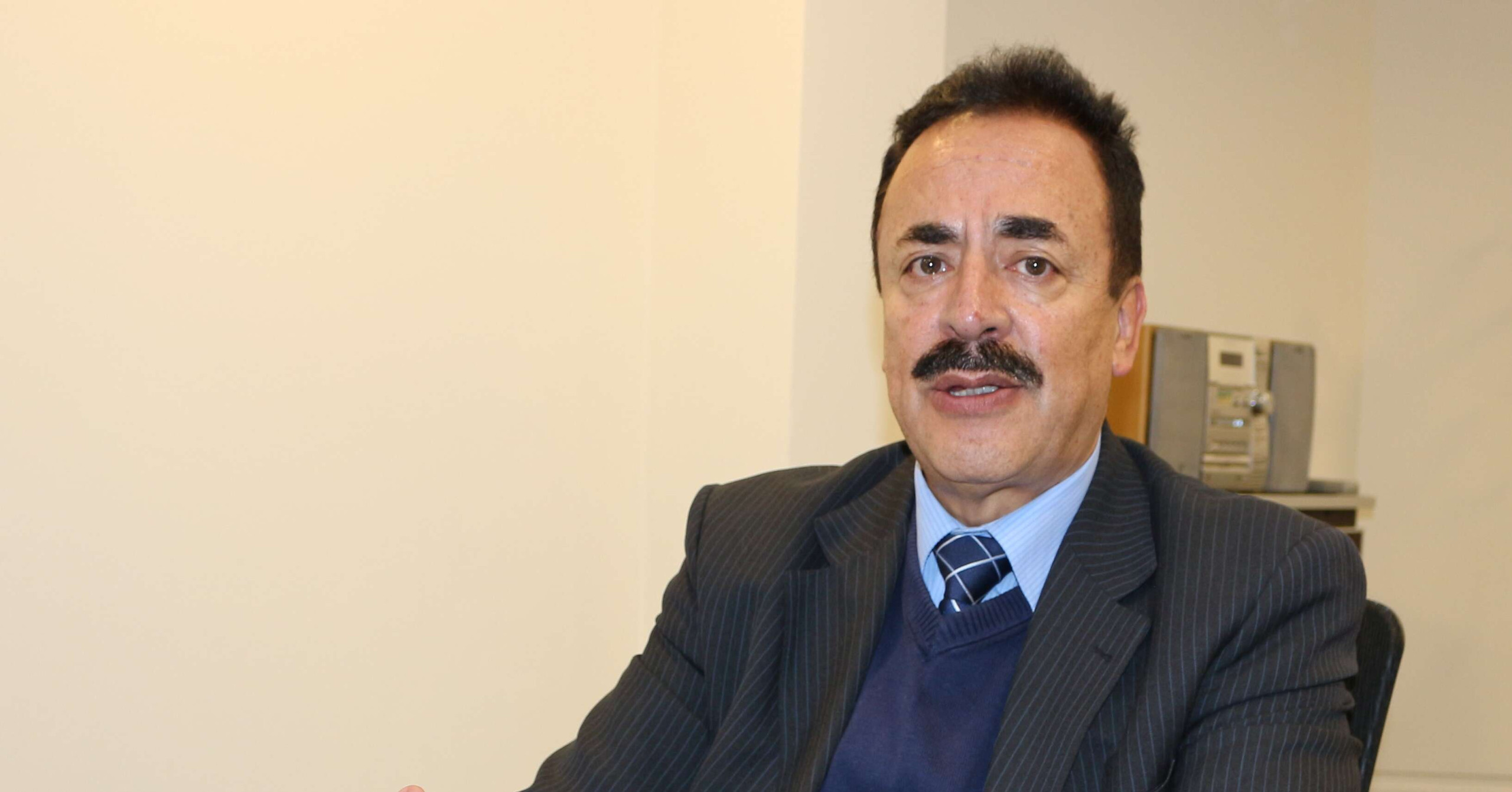
Pending issues in the Comprehensive Labour Act
Sofía Ríos, a professional nurse and a representative of the Women’s and Trade Union Workers’ Network of Bolivia (RMTS), comments that her organisation has for a long time been demanding that gender parity and equality be incorporated in labour laws. RMTS also wants a greater participation of women, in better positions, at the executive levels of the Bolivian Workers Central, COB.
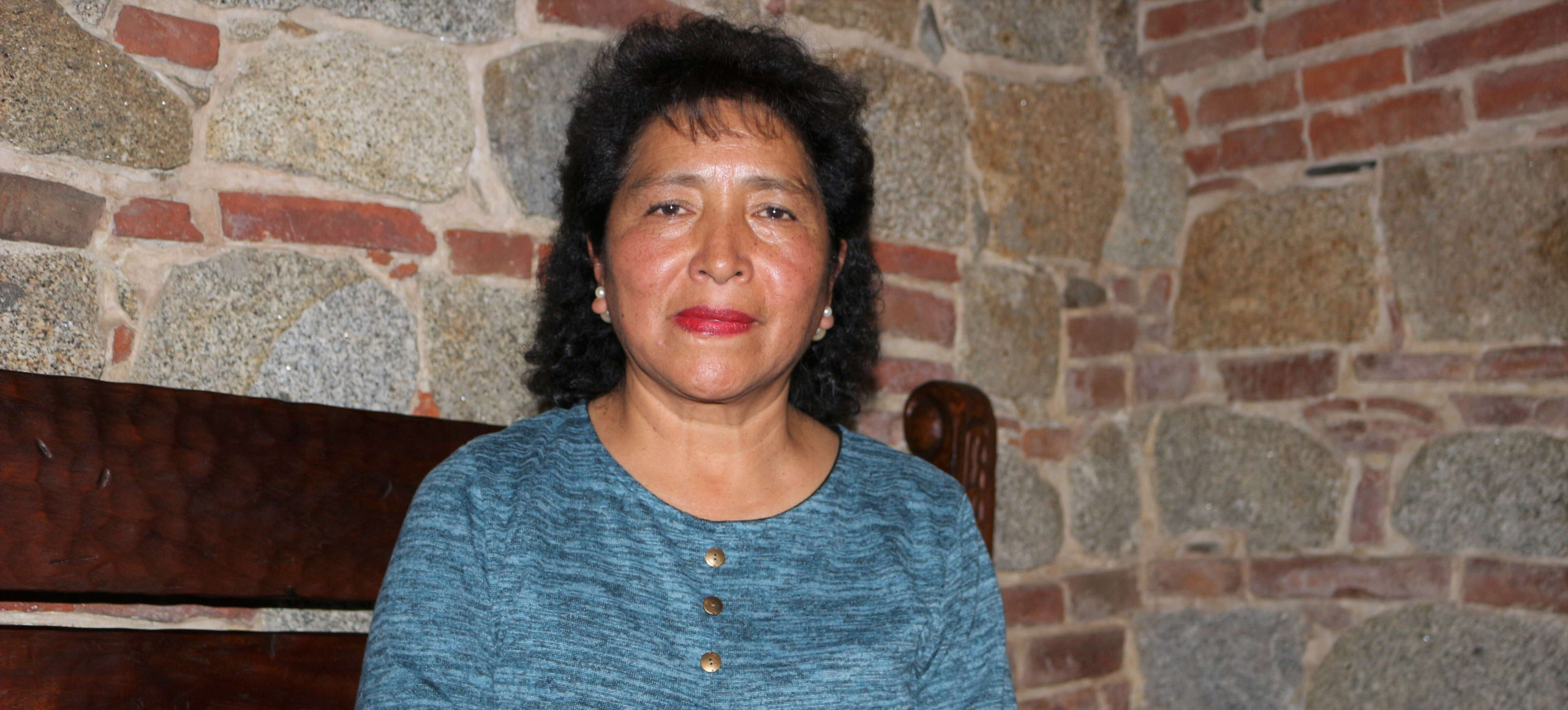
Health workers are not incorporated in labour law
Ríos indicates that ‘in the public health sector, the greatest discrimination suffered by workers is that we are not incorporated into the Comprehensive Labour Law (CLW). We do the same job as health workers in the private sector, but we do not benefit from redundancy pay for voluntary or forced dismissals, nor do we get paid for extra shifts. Bolivia’s Political Constitution says no to discrimination, but a strategic sector such as health is still not incorporated into the CLW.’
Ríos adds that all the sector’s demands will be sent to the COB, so that the trade union confederation will be able to present a single package of demands from all workers, male and female, to all political parties that will participate in the upcoming new elections.
“‘We must respect the Constitution, it is the fundamental law that guides our way forward as a country. The new generations must deepen their knowledge of the Constitution. Rotating the allocation of functions should be tested in all areas, to prevent power from becoming tyranny. What has happened is not fair, it seemed that as workers we had made good progress but unfortunately it now seems that we have lost terrain. We have not been free to of express ourselves because we were portrayed as rightists.’'
Ríos is convinced that full participation of women in the trade union movement is paramount, as well as ongoing training for new leaders, through union schools.
Social dialogue continues
Regarding the work of CNV Internationaal as promoters of the social dialogue programme in Latin America, Arnaldo Montero expresses that prospects in Bolivia are encouraging. Although the recent,, failed, electoral experience has caused deep wounds, social structures such as the departmental workers’ centres (CODs) and the COB itself have maintained their unity.
These organisations will continue to seek better social and working conditions for their members, regardless of which party will take power during the new elections in 2020.
Similarly, the bi- and tripartite dialogue sessions are expected to be reactivated immediately after the new elections, 3 may 2020.
There is a clear will for dialogue on the part of both workers and employers, and therefore there is a great deal of expectation for good results from the dialogue processes set up in Cochabamba, Santa Cruz, Tarija and Chuquisaca."
About CNV Internationaal in Bolivia
An operational branch of CNV, one of the two trade union confederations in the Netherlands, CNV Internationaal is an organisation that promotes a social dialogue program in Latin America, especially in Guatemala, Nicaragua, Colombia, Peru and Bolivia. The aim is to contribute, by working with local trade union organisations, employers and governments, to create more and better opportunities for bi- and tripartite dialogue.
In Bolivia, CNV Internationaal supports, through CENAC-Bolivia, workers’ federations (CODs) in Santa Cruz, Cochabamba, Tarija and Chuquisaca, as well as the Federation of Factory Workers of Cochabamba (FTFC) and the Trade Union Federation of Sugar Cane Harvesting Workers of Santa Cruz (FSTZCASC).
In the period 2018-2019, a tripartite dialogue was consolidated in Santa Cruz, between the COD Santa Cruz, the Federation of Private Entrepreneurs of Santa Cruz (FEPSC) and the Departmental Health Service (SEDES). This dialogue focussed on creating the Departmental Council on Occupational Health and Safety, which is currently the subject of a departmental bill.
In Cochabamba there is a bipartite dialogue between COD Cochabamba-FTFC and the Federation of Private Entrepreneurs of Cochabamba (FEPC). Here, the primary focus is on issues of employability and (drugs) smuggling. These talks have not been able to maintain the required continuity, but they will be reactivated in 2020.
The CODs of Chuquisaca and Tarija elaborated departmental proposals for the development of productive activities, which are currently being made public; in 2020, political advocacy work around these proposals will be implemented.
The FSTZCASC has a Collective Labour Agreement with sugar cane growers and intends to negotiate a new CLA, with better conditions, by 2020. In addition, this union is planning to set up a Trade Union Alliance with factory workers in sugar mills.
.
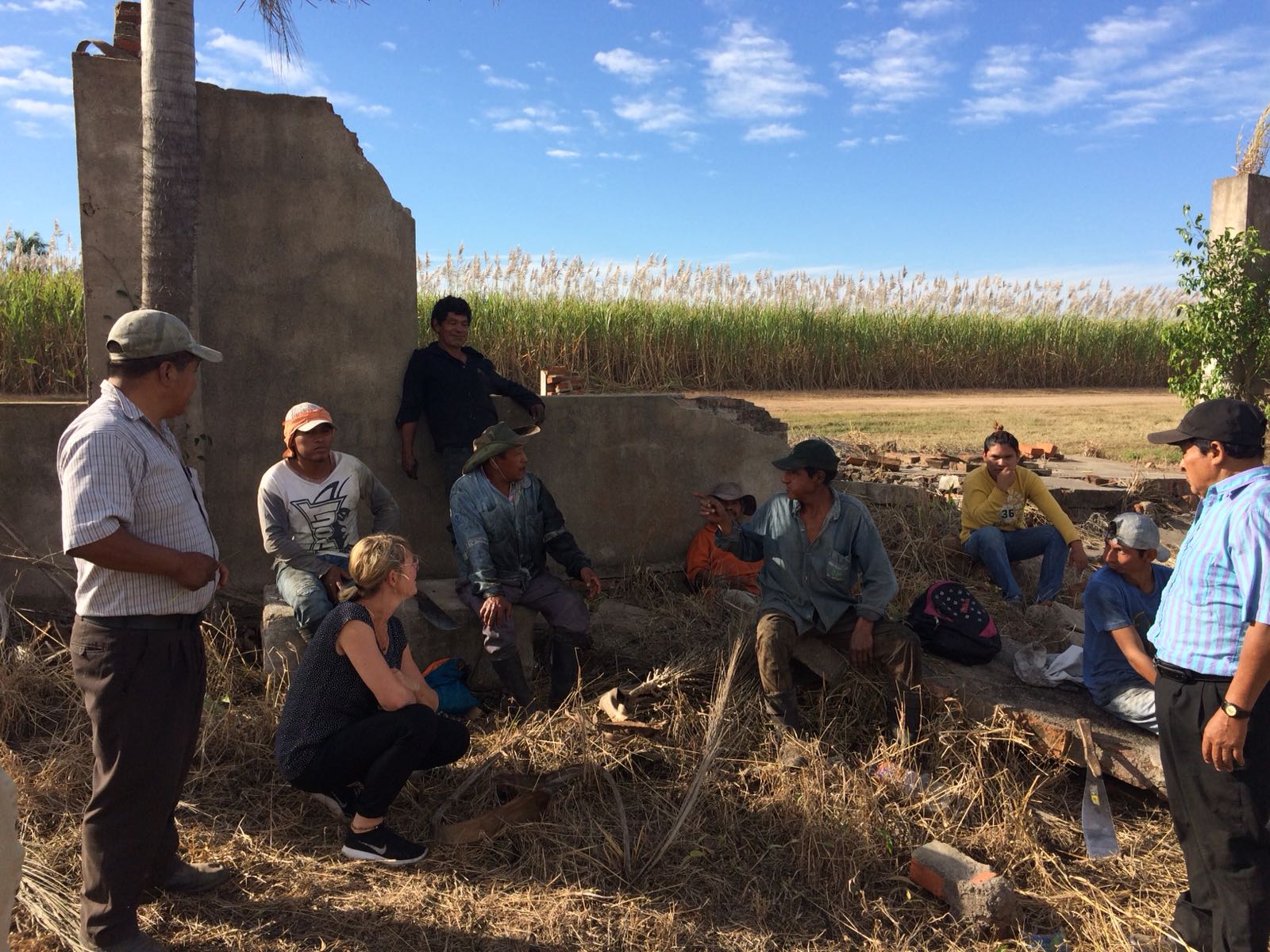
CNV Internationaal werkt bij de activiteiten in Bolivia ook samen met het programma van de Nederlandse werkgeversorganisatie DECP. >> Lees er meer over